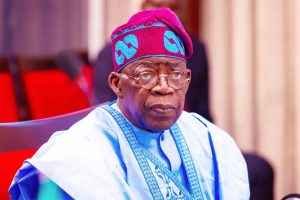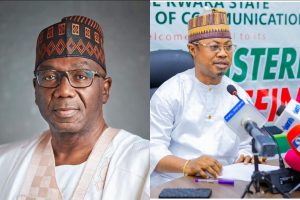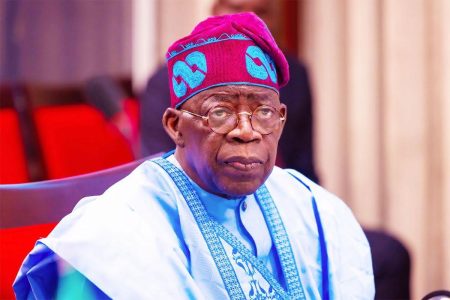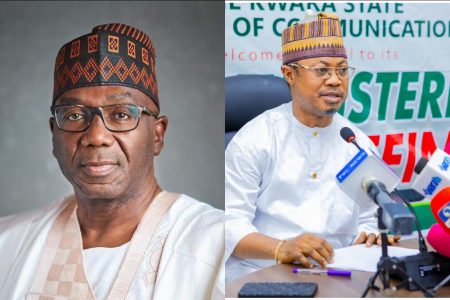The Nigerian Communications Commission (NCC) has revealed a dramatic increase in daily data usage, with Nigerians now consuming an average of 336 gigabytes per second. This surge represents a 39% rise from the previous year, highlighting the country’s rapid transition towards a digital-centric lifestyle.
During the 93rd Telecom Consumer Parliament held in Abuja, Dr. Aminu Maida, the Executive Vice Chairman of the NCC, discussed the implications of this substantial growth. While the rise in data consumption is indicative of a thriving digital economy, it has also brought to light various challenges that need to be addressed. Consumers have expressed concerns about the rapid depletion of data and issues related to billing transparency.
Dr. Maida underscored the necessity of tackling these issues to ensure continuous and sustainable growth in the sector. He noted that the NCC is actively investigating consumer complaints regarding data depletion and billing inconsistencies, which have been identified as significant concerns. In response, the commission has instructed Mobile Network Operators (MNOs) and Internet Service Providers (ISPs) to conduct thorough audits of their billing systems to address these issues.
One of the key drivers of increased data usage is the proliferation of high-resolution devices and the advancement of technology. Dr. Maida highlighted that these factors have significantly contributed to the spike in data consumption. He stressed the importance of consumer education and awareness to help users make more informed decisions about their data usage and to optimize their overall digital experience.
The NCC’s efforts are part of a comprehensive strategy aimed at supporting Nigeria’s digital transformation. The commission is committed to ensuring that the benefits of increased data usage are realized across the entire population, particularly as the nation continues to embrace new technological advancements.
Dr. Maida also pointed out that Nigeria is not the only country facing these challenges, citing examples from other nations that have experienced similar issues. He mentioned that lessons learned from these countries could provide valuable insights for Nigeria as it navigates the complexities of a rapidly evolving digital landscape.













